Find Help
More Items From Ergsy search
-
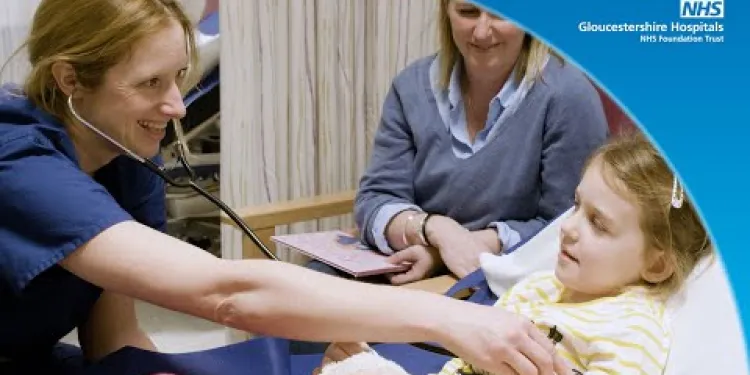
Having an operation at the Children’s Centre
Relevance: 100%
-
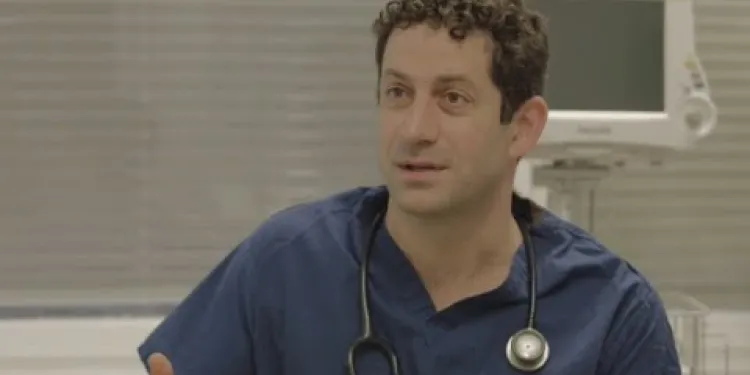
What to expect on the day of your operation
Relevance: 93%
-
How often are operation waiting times updated?
Relevance: 92%
-
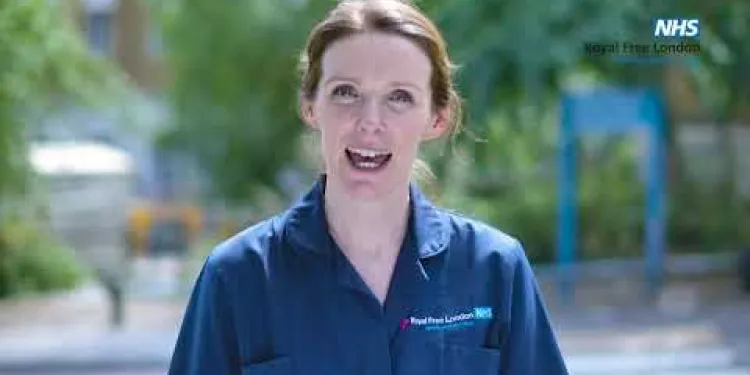
Having an operation or procedure at the Royal Free London
Relevance: 92%
-
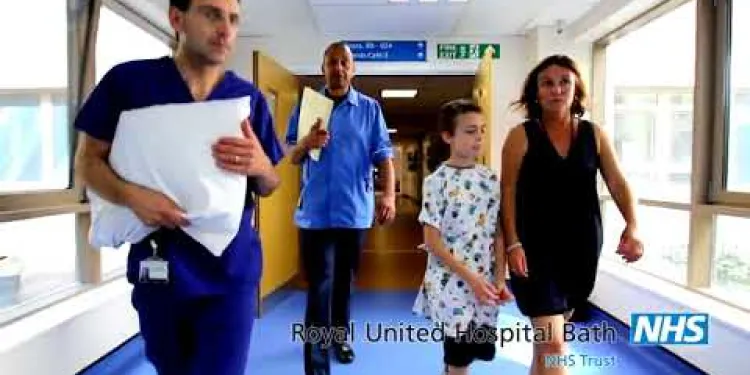
Having an anaesthetic for your operation - for over 8s
Relevance: 92%
-
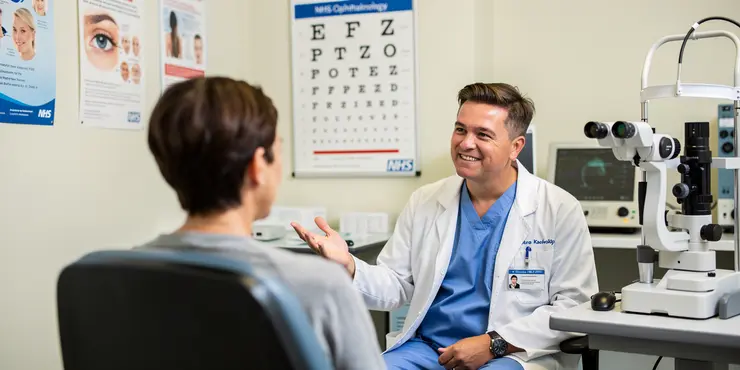
Your Cataract Operation
Relevance: 90%
-
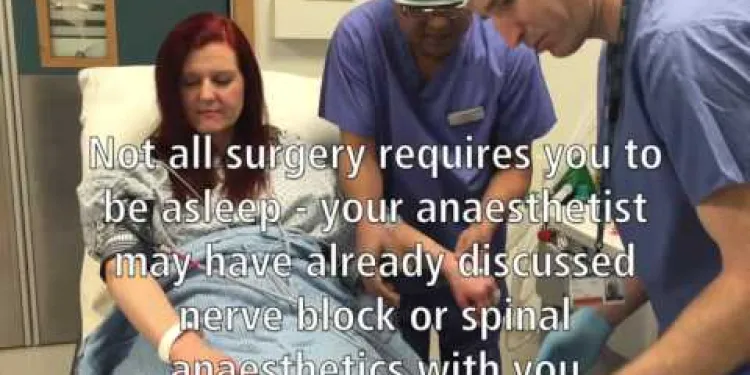
Your Operation at East Surrey Hospital
Relevance: 90%
-
Are there specific resources for urgent operation waiting times?
Relevance: 89%
-
Are there apps available to check operation waiting times?
Relevance: 88%
-
Can I get information on average waiting times for operations?
Relevance: 87%
-
Can I find operation waiting times in healthcare performance reports?
Relevance: 85%
-
Does my doctor have access to operation waiting times?
Relevance: 84%
-
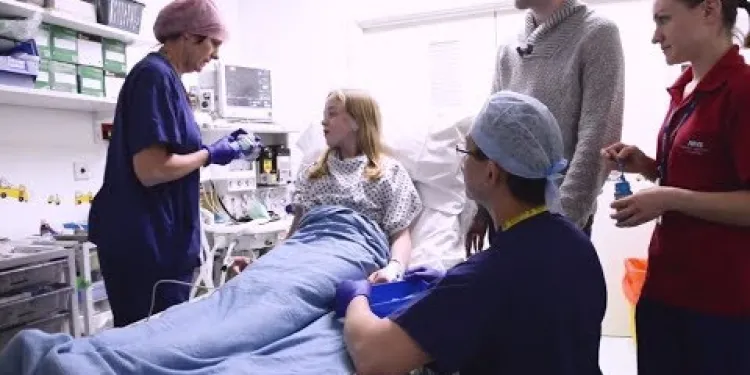
Having an operation in Oxford Children's Hospital with YiPpEe
Relevance: 84%
-

Having an operation
Relevance: 84%
-
Do private hospitals have shorter waiting times for operations?
Relevance: 79%
-
How can I find current waiting times for operations in my local hospital?
Relevance: 79%
-
Are waiting times for operations the same across all hospitals?
Relevance: 75%
-
How can I find information on waiting times for an operation in my area?
Relevance: 74%
-
Can I appeal a long waiting time for my operation?
Relevance: 70%
-
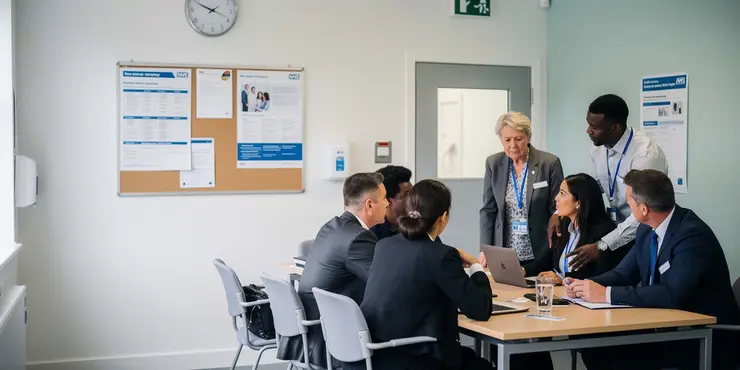
What steps can a company take if shareholder disputes begin to impact business operations?
Relevance: 66%
-
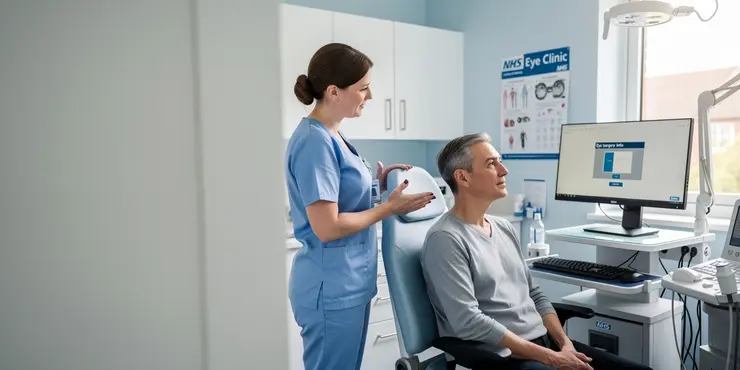
Thyroid eye disease. Squint surgery - The operation
Relevance: 65%
-
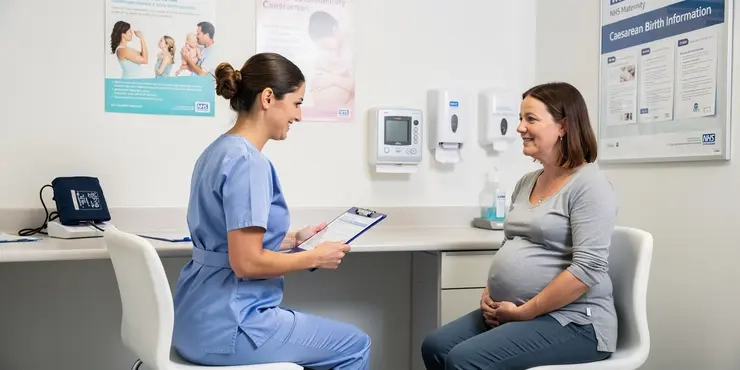
Pre operative Information for Planned Caesarean Birth
Relevance: 62%
-
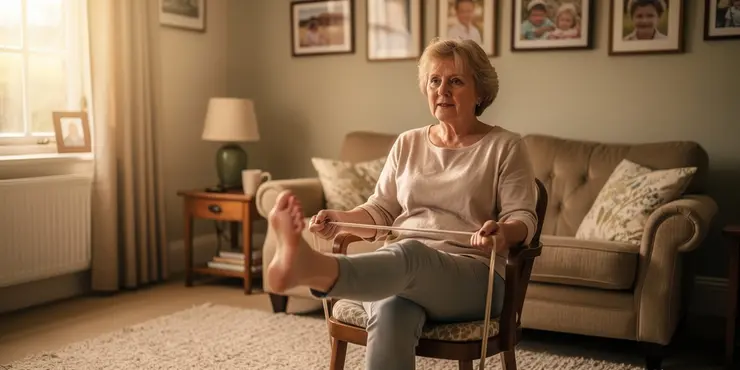
How long does it take to recover from a hip replacement operation?
Relevance: 60%
-
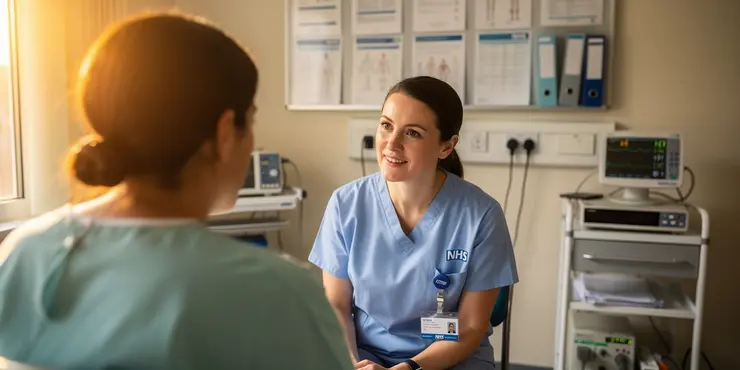
Bariatric Surgery - What to expect when you come to hospital for your operation.
Relevance: 56%
-

What is the difference between a food bank and a food pantry?
Relevance: 35%
-
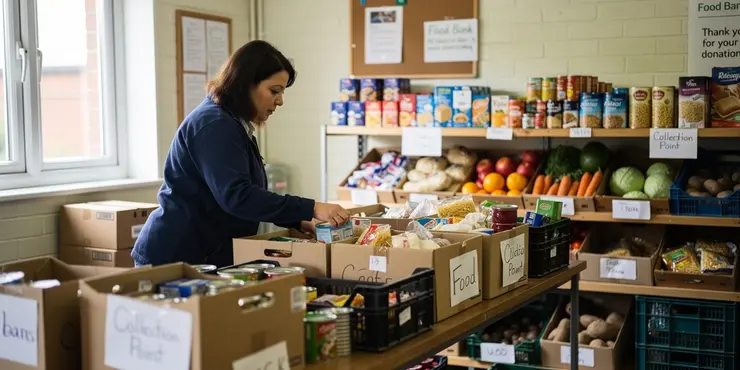
Are food banks open on weekends?
Relevance: 34%
-

Can my partner be with me during the Caesarean section?
Relevance: 33%
-
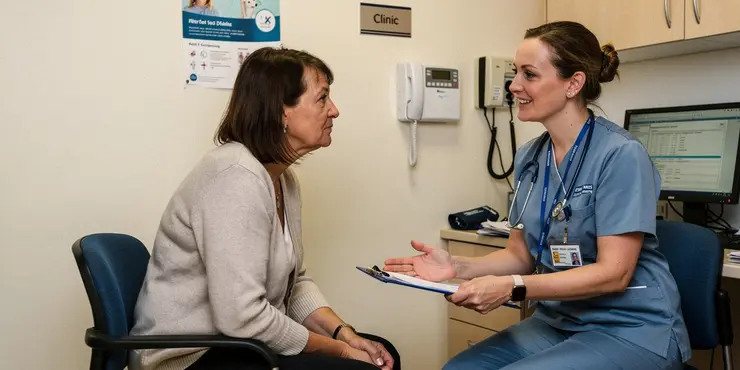
What are the consequences for banks not complying with transparency standards?
Relevance: 33%
-
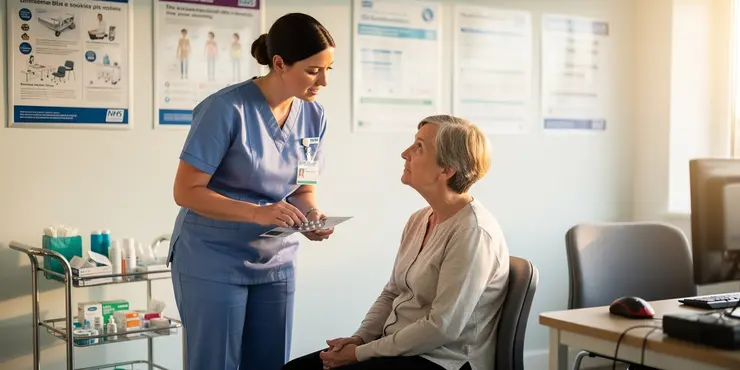
What factors influence the difference in electricity prices among UK energy companies?
Relevance: 31%
-
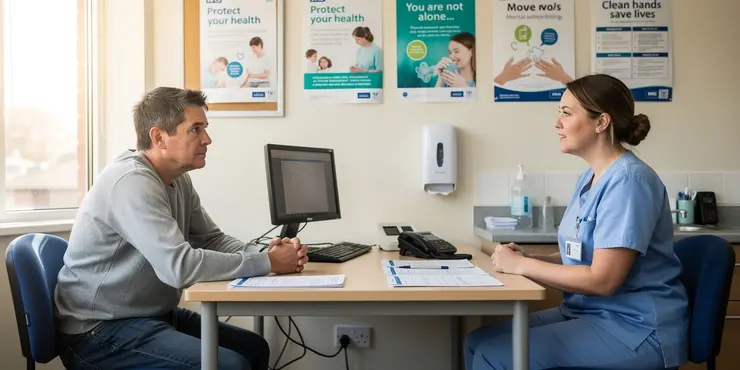
What factors influence changes to the energy price cap?
Relevance: 31%
-

What is a food bank?
Relevance: 30%
-
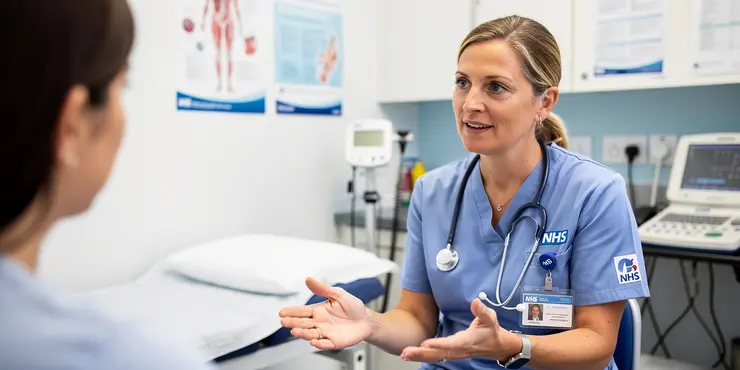
Are there penalties for water companies besides issuing refunds?
Relevance: 30%
-
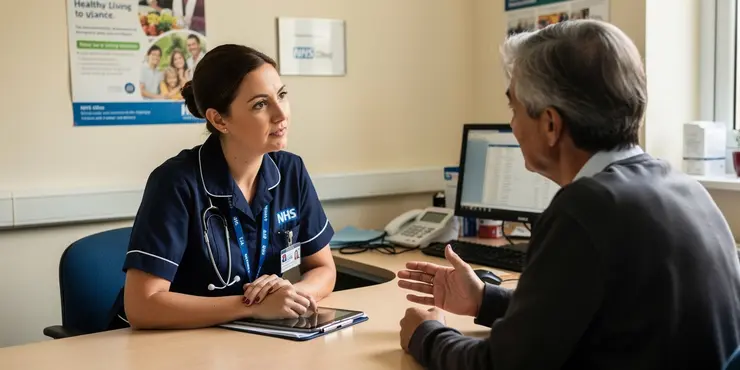
What are the financial implications of water loss for the UK?
Relevance: 30%
-
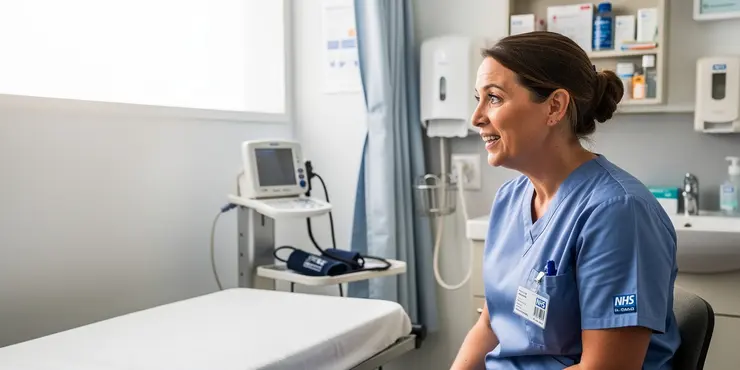
Can UK citizens use mobile phones in the EU without extra charges?
Relevance: 30%
-

Can director disputes lead to company liquidation?
Relevance: 29%
-
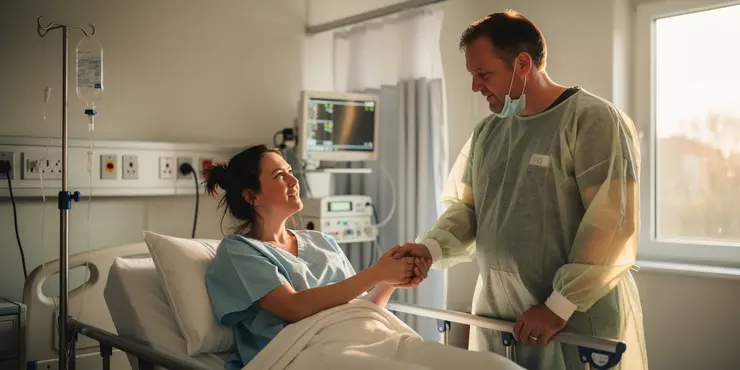
Can my partner be present during the C-section?
Relevance: 29%
-
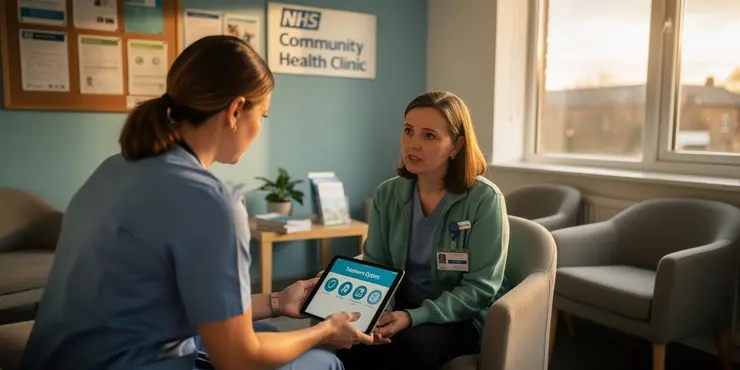
How does law enforcement typically identify drug offences?
Relevance: 29%
-
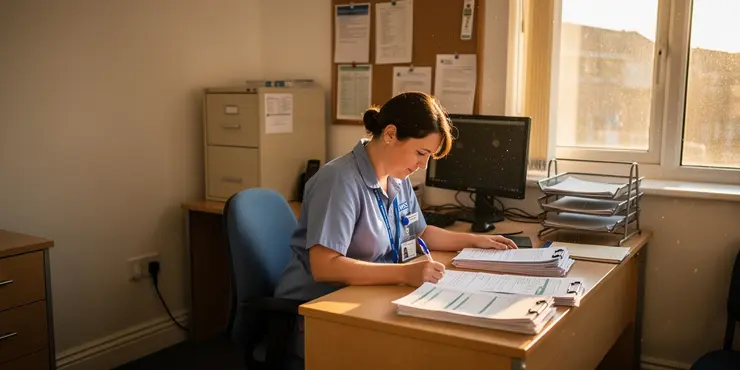
How is the energy price cap calculated?
Relevance: 28%
-
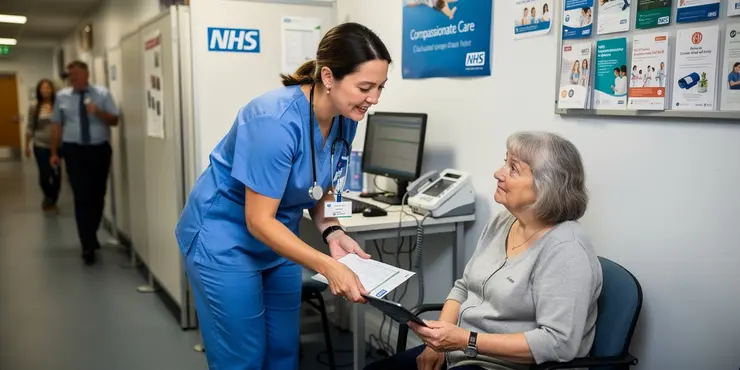
How important is it to report a scam?
Relevance: 26%
-

What are common causes of director disputes?
Relevance: 26%
Meet Duncan, Surgeon in the NHS
Introduction to Duncan
Meet Duncan, a highly skilled and dedicated surgeon working in the UK's National Health Service (NHS). He has been an invaluable part of the medical community, known for his exceptional surgical skills, compassionate patient care, and tireless commitment to the health and well-being of his patients. With over a decade of experience, Duncan has become a respected figure among his peers and an essential pillar in the NHS framework.
Educational Background
Duncan's journey began at the University of Edinburgh, where he graduated with top honours in Medicine. He furthered his education through rigorous surgical training and completed his specialization in general surgery. Throughout his academic life, Duncan demonstrated an unwavering dedication to excellence, participating in numerous research projects and contributing to various medical publications.
Professional Experience
Since joining the NHS, Duncan has worked in several prestigious hospitals, gaining vast experience in different surgical disciplines. His expertise lies primarily in minimally invasive procedures, oncology surgeries, and complex abdominal surgeries. Duncan is also proficient in advanced laparoscopic techniques, which minimize recovery times and reduce post-operative complications for his patients.
Patient-Centered Approach
What truly sets Duncan apart is his holistic and patient-centered approach to healthcare. He believes that successful treatment goes beyond the operating room. Duncan takes the time to ensure that his patients and their families are thoroughly informed and comfortable with their treatment plans. His empathy and communication skills have earned him numerous accolades and the trust of countless patients.
Contributions to Medical Research
In addition to his clinical duties, Duncan is actively involved in medical research. He has published several peer-reviewed articles in renowned medical journals, focusing on improving surgical techniques and patient outcomes. His research has not only advanced the field of surgery but also enhanced the quality of care provided within the NHS.
Future Aspirations
Looking ahead, Duncan is committed to continuing his professional development and contributing to the NHS's mission to provide exemplary healthcare to all UK residents. He aims to mentor the next generation of surgeons, encouraging them to combine technical prowess with genuine concern for their patients' well-being.
Conclusion
Duncan embodies the dedication, skill, and compassion that are the hallmarks of NHS professionals. His contributions to medicine and patient care have made a significant impact, and his ongoing work promises to continue benefiting the UK's healthcare system for years to come. Whether in the operating theatre or through his research, Duncan remains a cornerstone of his community, exemplifying the best of what the NHS has to offer.
Meet Duncan, Surgeon in the NHS
Introduction to Duncan
Meet Duncan. He is a skilled and caring surgeon who works in the UK's National Health Service (NHS). Duncan is known for his great surgical skills and his kind care for patients. He has worked in the NHS for more than 10 years and is a trusted and important person in the team.
Educational Background
Duncan started his journey at the University of Edinburgh, where he did very well in Medicine. He trained hard to become a specialist in general surgery. Duncan always worked hard in his studies, being part of many research projects and writing for medical books.
Professional Experience
Since joining the NHS, Duncan has worked in many top hospitals. He has a lot of experience in different types of surgery. He is very good at surgeries that do not need big cuts, and he also works on cancer surgeries and complicated stomach surgeries. Duncan is skilled in using special tools that help patients heal faster and have fewer problems after surgery.
Patient-Centered Approach
Duncan is special because he cares about his patients as people, not just as medical cases. He believes that good treatment is more than just the surgery. He makes sure patients and their families understand the treatment and feel comfortable. Duncan’s kindness and ability to talk with people have won him many praises and the trust of his patients.
Contributions to Medical Research
Besides his work in hospitals, Duncan also does medical research. He has written many articles in famous medical magazines. He wants to make surgeries better and help patients heal better. His research helps improve how surgeries are done and how patients are treated in the NHS.
Future Aspirations
In the future, Duncan wants to keep learning and growing. He plans to help teach new surgeons how to be skilled and care for their patients well. Duncan wants to continue helping the NHS provide great healthcare to everyone in the UK.
Conclusion
Duncan shows what it means to be dedicated and caring in the NHS. His work in medicine and patient care has helped many people. Duncan's research and surgeries make him an important part of his community. He shows the best of what the NHS has to offer.
Frequently Asked Questions
What specialties does Duncan focus on?
Duncan specializes in general surgery with a focus on minimally invasive techniques.
Where is Duncan currently practicing?
Duncan is currently practicing in the National Health Service (NHS) in the United Kingdom.
What is Duncan's experience in the medical field?
Duncan has over 15 years of experience in the medical field and has completed numerous successful surgeries.
What kind of surgeries does Duncan perform?
Duncan performs a variety of surgeries including laparoscopic (keyhole) surgery, appendectomies, hernia repairs, and more.
Does Duncan participate in teaching or training?
Yes, Duncan is actively involved in teaching and training medical students and junior doctors.
How can I book a consultation with Duncan?
You can book a consultation with Duncan via the NHS appointment system or through a referral from your GP.
What are Duncan's qualifications?
Duncan holds an MBBS, FRCS (Fellow of the Royal College of Surgeons), and other relevant certifications in surgery.
Is Duncan involved in any research activities?
Yes, Duncan is involved in clinical research focusing on improving surgical techniques and patient outcomes.
What hospitals does Duncan work at?
Duncan works at several NHS hospitals across the UK, primarily in major cities where the demand for his expertise is high.
What are Duncan's working hours?
Duncan’s working hours vary, but he generally works weekdays with some on-call responsibilities during weekends and nights.
How does Duncan handle postoperative care?
Duncan ensures comprehensive postoperative care, including follow-up appointments, pain management, and rehabilitation guidance.
Can Duncan perform emergency surgeries?
Yes, Duncan is trained and equipped to handle emergency surgeries when required.
Does Duncan accept private patients?
While Duncan primarily works within the NHS, he may accept private patients through specific arrangements.
What are some common conditions Duncan treats?
Some common conditions Duncan treats include gallbladder diseases, colorectal disorders, and acute abdominal conditions.
How does Duncan keep up with advancements in surgery?
Duncan regularly attends medical conferences, participates in workshops, and reads the latest medical journals to stay updated on advancements in surgery.
What is Duncan good at?
Duncan is a doctor who does surgery. He is very good at doing small cuts instead of big ones.
Where is Duncan working now?
Duncan works as a doctor in the National Health Service (NHS) in the United Kingdom.
Here are some tips to make reading easier:
- Read slowly and carefully.
- Use your finger to help you follow the words.
- Ask someone to read with you.
- Use audiobooks to listen while reading.
- Try using a reading ruler to stay on the right line.
What has Duncan done in medicine?
Duncan has been a doctor for more than 15 years. He has done many successful surgeries.
What surgeries does Duncan do?
Duncan does many kinds of surgeries. He does tiny hole surgery, called keyhole surgery. He also takes out appendixes and fixes hernias.
Does Duncan help with teaching or training?
Yes, Duncan helps teach and train medical students and new doctors.
How do I make an appointment with Duncan?
Do you want to talk with Duncan? Here is how you can do it:
- Find Duncan's phone number or email address.
- Call him or send him an email.
- Tell him you want to have a meeting. Say what day and time is good for you.
If you need help, you can ask a friend or family member to assist you.
You can also try using talk-to-text tools to help you write an email.
You can make an appointment with Duncan by using the NHS booking system. Your doctor (GP) can also help you by sending a request for you.
What are Duncan's skills and certificates?
Duncan is a doctor. He has special training to be a surgeon. He went to school to learn how to do surgery.
Does Duncan do any research work?
Yes, Duncan works on research to make surgery better and help patients heal well.
Where does Duncan work?
Duncan works at hospitals. Can you find out which ones?
Tip: You can ask a family member or friend for help.
Duncan has a job at many NHS hospitals in the UK. He mostly works in big cities because lots of people need his help there.
When does Duncan work?
Duncan's work hours change. He usually works on weekdays. Sometimes, he works at night and on weekends if there is a call.
What does Duncan do to help someone get better after surgery?
Duncan helps people feel better after surgery. He makes sure they have check-ups, helps with pain, and shows them how to get stronger.
Can Duncan do emergency surgeries?
Does Duncan help people who need surgery right away?
If you want to understand better, you can use pictures or ask someone to explain it to you. You can also highlight the words.
Yes, Duncan knows how to help if there is an emergency and someone needs surgery. He has the right training and tools for it.
Can Duncan see you as a private patient?
Duncan mostly works for the NHS, but sometimes he can help private patients too if there are special plans.
What are the common problems Duncan helps with?
Duncan helps people with different problems. Here are some of them:
- Feeling very sad or worried all the time.
- Having trouble sleeping at night.
- Getting angry easily.
- Finding it hard to pay attention.
- Being scared of trying new things.
If you or someone you know has these problems, Duncan might be able to help. Talking to someone you trust or using helpful apps can also make things easier.
Here are some things Duncan can help with:
- Problems with the gallbladder.
- Issues with the colon or rectum (parts of your belly).
- Sudden belly problems.
If you find reading hard, you can try:
- Reading out loud.
- Asking someone to help.
- Highlighting important words.
- Taking breaks to rest your eyes.
How does Duncan stay up-to-date with new surgery methods?
Duncan learns about new surgery methods by:
- Reading simple books or guides about surgery.
- Watching videos that show how new surgeries are done.
- Listening to experts talk about surgery on the radio or in podcasts.
- Talking to other doctors who do surgery.
Duncan also uses tools like:
- Apps that show him new surgery ideas.
- Websites that have easy surgery news.
These help Duncan learn about new ways to do surgery.
Duncan often goes to meetings where doctors share information. He joins classes to learn new things and reads important magazines about medicine. This helps him know the latest news about surgery.
Useful Links
This website offers general information and is not a substitute for professional advice.
Always seek guidance from qualified professionals.
If you have any medical concerns or need urgent help, contact a healthcare professional or emergency services immediately.
Some of this content was generated with AI assistance. We’ve done our best to keep it accurate, helpful, and human-friendly.
- Ergsy carfully checks the information in the videos we provide here.
- Videos shown by Youtube after a video has completed, have NOT been reviewed by ERGSY.
- To view, click the arrow in centre of video.
- Most of the videos you find here will have subtitles and/or closed captions available.
- You may need to turn these on, and choose your preferred language.
- Go to the video you'd like to watch.
- If closed captions (CC) are available, settings will be visible on the bottom right of the video player.
- To turn on Captions, click settings .
- To turn off Captions, click settings again.
More Items From Ergsy search
-

Having an operation at the Children’s Centre
Relevance: 100%
-

What to expect on the day of your operation
Relevance: 93%
-
How often are operation waiting times updated?
Relevance: 92%
-

Having an operation or procedure at the Royal Free London
Relevance: 92%
-

Having an anaesthetic for your operation - for over 8s
Relevance: 92%
-

Your Cataract Operation
Relevance: 90%
-

Your Operation at East Surrey Hospital
Relevance: 90%
-
Are there specific resources for urgent operation waiting times?
Relevance: 89%
-
Are there apps available to check operation waiting times?
Relevance: 88%
-
Can I get information on average waiting times for operations?
Relevance: 87%
-
Can I find operation waiting times in healthcare performance reports?
Relevance: 85%
-
Does my doctor have access to operation waiting times?
Relevance: 84%
-

Having an operation in Oxford Children's Hospital with YiPpEe
Relevance: 84%
-

Having an operation
Relevance: 84%
-
Do private hospitals have shorter waiting times for operations?
Relevance: 79%
-
How can I find current waiting times for operations in my local hospital?
Relevance: 79%
-
Are waiting times for operations the same across all hospitals?
Relevance: 75%
-
How can I find information on waiting times for an operation in my area?
Relevance: 74%
-
Can I appeal a long waiting time for my operation?
Relevance: 70%
-

What steps can a company take if shareholder disputes begin to impact business operations?
Relevance: 66%
-

Thyroid eye disease. Squint surgery - The operation
Relevance: 65%
-

Pre operative Information for Planned Caesarean Birth
Relevance: 62%
-

How long does it take to recover from a hip replacement operation?
Relevance: 60%
-

Bariatric Surgery - What to expect when you come to hospital for your operation.
Relevance: 56%
-

What is the difference between a food bank and a food pantry?
Relevance: 35%
-

Are food banks open on weekends?
Relevance: 34%
-

Can my partner be with me during the Caesarean section?
Relevance: 33%
-

What are the consequences for banks not complying with transparency standards?
Relevance: 33%
-

What factors influence the difference in electricity prices among UK energy companies?
Relevance: 31%
-

What factors influence changes to the energy price cap?
Relevance: 31%
-

What is a food bank?
Relevance: 30%
-

Are there penalties for water companies besides issuing refunds?
Relevance: 30%
-

What are the financial implications of water loss for the UK?
Relevance: 30%
-

Can UK citizens use mobile phones in the EU without extra charges?
Relevance: 30%
-

Can director disputes lead to company liquidation?
Relevance: 29%
-

Can my partner be present during the C-section?
Relevance: 29%
-

How does law enforcement typically identify drug offences?
Relevance: 29%
-

How is the energy price cap calculated?
Relevance: 28%
-

How important is it to report a scam?
Relevance: 26%
-

What are common causes of director disputes?
Relevance: 26%


